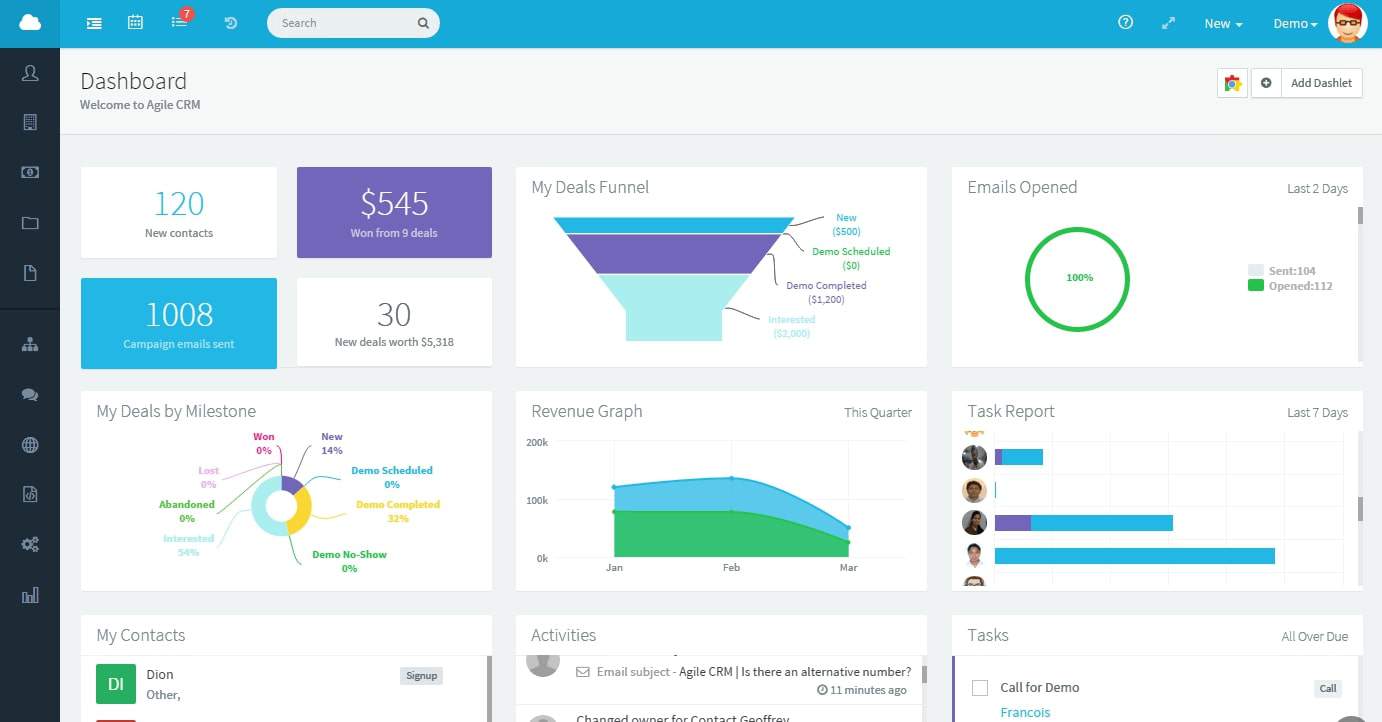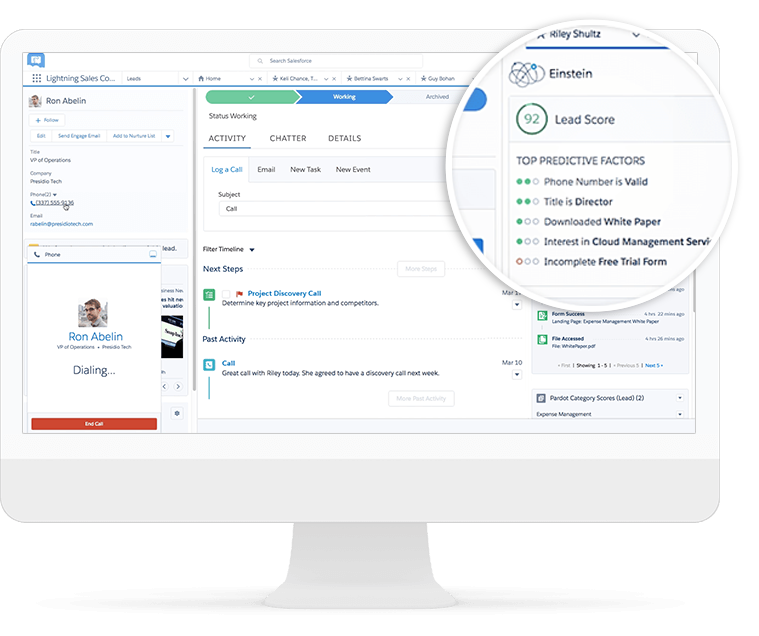Platform CRM: A transformative solution for businesses seeking to elevate customer engagement, streamline operations, and achieve unprecedented success.
Platform CRM empowers businesses with a comprehensive suite of tools and capabilities, enabling them to manage customer data effectively, automate sales and marketing processes, and gain valuable insights through robust analytics. By leveraging the power of platform CRM, businesses can unlock a world of possibilities and drive tangible results.
Definition and Overview of Platform CRM
Platform CRM (Customer Relationship Management) is a comprehensive CRM solution that provides a centralized platform for managing all customer interactions and data across multiple channels and departments. It offers a unified view of the customer, enabling businesses to understand customer needs, personalize experiences, and improve collaboration.Platform CRMs are characterized by their flexibility, scalability, and ability to integrate with other business systems.
They provide a comprehensive set of features that support various aspects of customer management, including marketing, sales, customer service, and analytics.
Benefits of Using a Platform CRM
Platform CRMs offer numerous benefits to businesses, including:
Improved customer experience
A unified view of the customer allows businesses to provide consistent and personalized experiences across all touchpoints.
Increased efficiency
Automated workflows and centralized data reduce manual tasks and streamline processes, freeing up time for more strategic initiatives.
Enhanced collaboration
Platform CRMs facilitate collaboration between different departments, ensuring that all customer-facing teams have access to the same information.
Improved decision-making
Advanced analytics capabilities provide insights into customer behavior, enabling businesses to make informed decisions and optimize their strategies.
Examples of Popular Platform CRM Solutions
Some popular platform CRM solutions include:
- Salesforce
- Microsoft Dynamics 365
- Oracle Siebel CRM
- SAP Hybris Cloud for Customer Engagement
- HubSpot CRM
Key Features and Functionality of Platform CRM

Platform CRMs offer a comprehensive suite of features designed to enhance customer engagement and streamline business processes. These features include:
Customer Data Management
Platform CRMs provide a centralized repository for storing and managing all customer data, including contact information, purchase history, interactions, and preferences. This data can be segmented and filtered to create targeted marketing campaigns, provide personalized customer service, and gain insights into customer behavior.
Sales Automation
Platform CRMs automate sales processes, such as lead generation, qualification, and tracking. They provide tools for managing sales pipelines, scheduling appointments, and generating proposals. By automating these tasks, sales teams can save time and focus on closing deals.
Marketing Automation
Platform CRMs enable marketing teams to automate marketing campaigns, such as email marketing, social media marketing, and content marketing. They provide tools for creating and managing email campaigns, tracking campaign performance, and generating leads.
Analytics and Reporting
Platform CRMs provide robust analytics and reporting capabilities that allow businesses to track key metrics, such as customer acquisition cost, customer lifetime value, and campaign performance. These insights can be used to make informed decisions about marketing and sales strategies.
Challenges and Considerations for Platform CRM Implementation

Platform CRM implementation can be a complex and challenging process, and organizations need to be aware of the potential challenges and considerations involved. Some of the most common challenges include:
- Data integration:Integrating data from multiple sources into a single platform can be a complex and time-consuming process. Organizations need to carefully plan and execute their data integration strategy to ensure that data is accurate, consistent, and accessible.
- User adoption:Getting users to adopt a new CRM system can be a challenge. Organizations need to provide training and support to users to help them understand the benefits of the new system and how to use it effectively.
- Cost and resources:Platform CRM implementations can be expensive and resource-intensive. Organizations need to carefully consider the costs and resources required to implement and maintain a platform CRM system.
To overcome these challenges, organizations need to develop a comprehensive implementation plan that addresses the specific needs of their organization. This plan should include a detailed data integration strategy, a user adoption plan, and a budget and resource plan.
Data Integration
Data integration is one of the most critical aspects of platform CRM implementation. Organizations need to carefully plan and execute their data integration strategy to ensure that data is accurate, consistent, and accessible. This may involve integrating data from multiple sources, such as:
- Legacy CRM systems
- ERP systems
- Marketing automation systems
- Social media data
Organizations need to carefully consider the data integration tools and technologies that they will use. They also need to develop a data governance strategy to ensure that data is managed and used in a consistent and compliant manner.
User Adoption
Getting users to adopt a new CRM system can be a challenge. Organizations need to provide training and support to users to help them understand the benefits of the new system and how to use it effectively. This may involve:
- Developing training materials
- Providing online training
- Offering in-person training
- Providing ongoing support
Organizations also need to create a culture of CRM adoption within their organization. This means that leaders need to be supportive of CRM and that users need to see the value of using the system.
Cost and Resources
Platform CRM implementations can be expensive and resource-intensive. Organizations need to carefully consider the costs and resources required to implement and maintain a platform CRM system. This may involve:
- Software costs
- Implementation costs
- Maintenance costs
- Staffing costs
Organizations need to develop a budget and resource plan that takes into account all of these costs. They also need to identify the resources that will be needed to implement and maintain the system.
Trends and Future of Platform CRM
The future of platform CRM is bright, with several emerging trends shaping its evolution. These trends include:
Artificial Intelligence (AI) and Machine Learning, Platform crm
AI and machine learning are transforming the way businesses interact with customers. Platform CRM systems are increasingly incorporating AI capabilities to automate tasks, provide personalized recommendations, and analyze customer data to identify trends and patterns. This enables businesses to gain a deeper understanding of their customers and provide more relevant and personalized experiences.
Integration with Other Business Systems
Platform CRM systems are becoming more integrated with other business systems, such as ERP, marketing automation, and e-commerce platforms. This integration allows businesses to streamline their operations, share data across different departments, and gain a complete view of their customers.
Personalized Customer Experiences
Customers expect personalized experiences from businesses, and platform CRM systems are evolving to meet this demand. These systems now offer features that enable businesses to tailor their interactions with each customer based on their individual preferences, history, and behavior.The impact of these trends on the future of platform CRM is significant.
Platform CRM systems will become more intelligent, connected, and personalized, enabling businesses to build stronger relationships with their customers and drive growth.
Summary

In conclusion, platform CRM has emerged as an indispensable tool for businesses seeking to excel in the modern digital landscape. Its ability to enhance customer experiences, streamline operations, and drive growth makes it an investment that pays dividends. As technology continues to evolve, platform CRM will undoubtedly play an increasingly pivotal role in shaping the future of customer engagement.